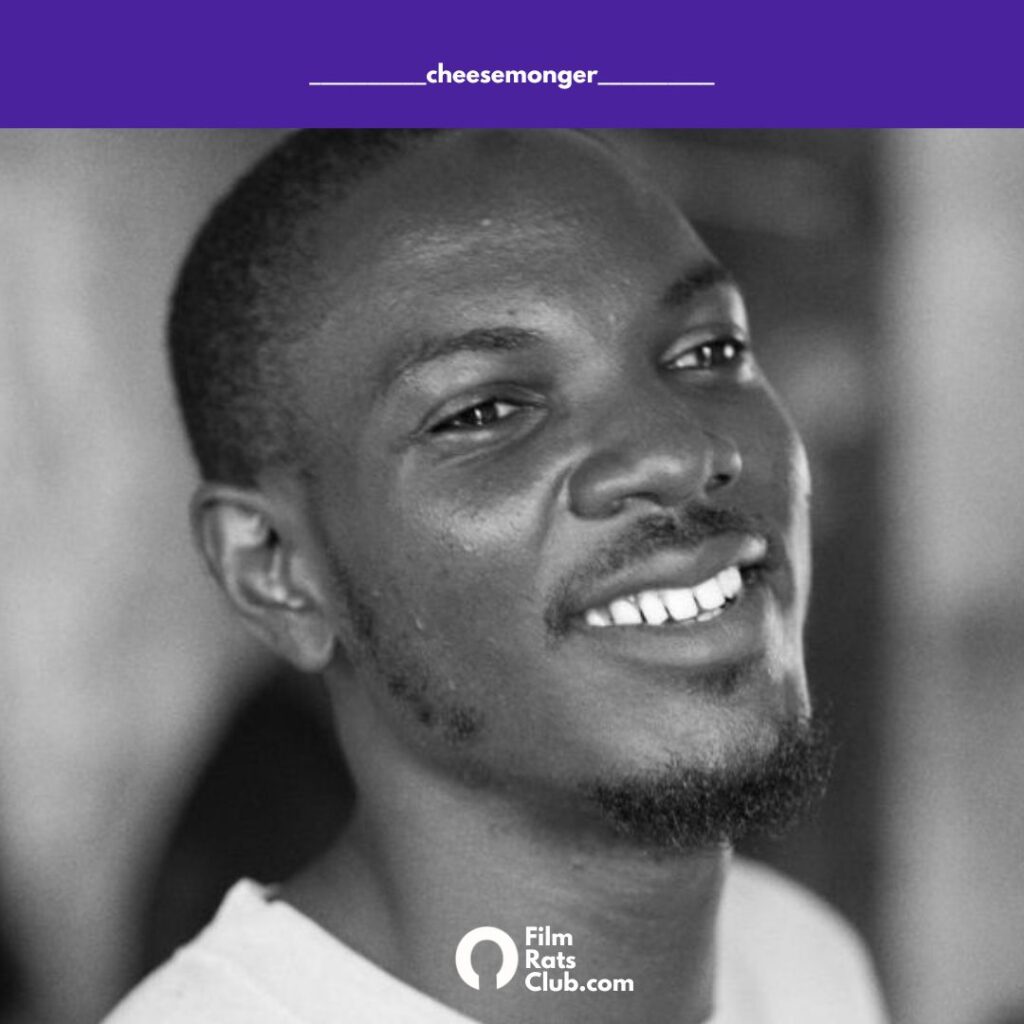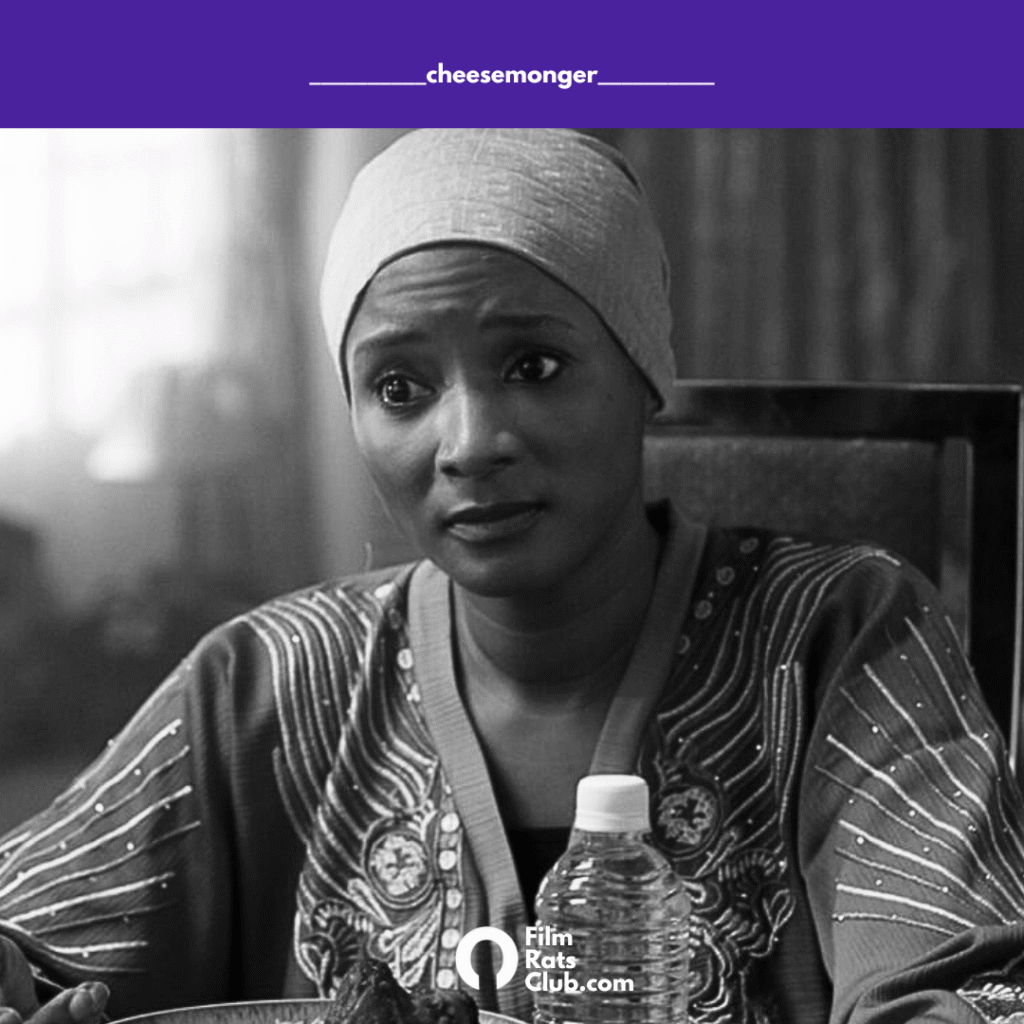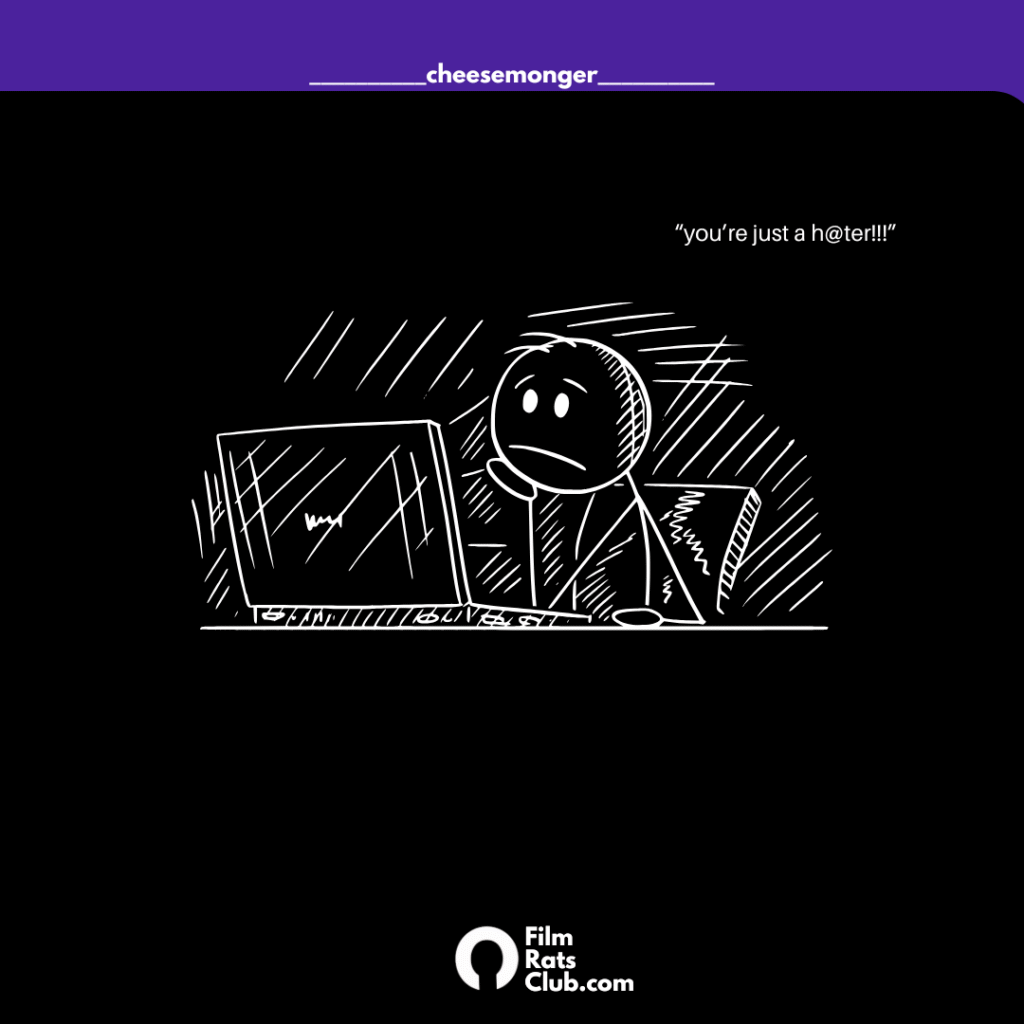By Chinedu J. Orjiudeh On May 18, 2025, the Wole Soyinka Theatre brimmed with anticipation for Come Alive, a dance drama staged by the Meejay Dance Company. This marked the directorial debut of Grace Okokhune, a graduate of the University of Ibadan’s Theatre Arts department. With a stellar cast including Elijah Adebayo, Progress Adetula, Ifeoma Ezenandu, Oluwatobi Solomon Williams, Ayoola Ayomide, Mcwealth Olufemi, and others, expectations were high, as is often the case with Meejay’s productions. The play opens with Mr. P. (played by Adebayo), the head instructor at the fictional DDS Dance Academy, introducing the performance. This segues into a prologue dance led by Lara (Ezenandu), dressed in white and surrounded by dancers in black. The symbolism is striking—Lara contends with an overwhelming darkness. However, the choreography suggests resistance rather than defeat. Grace Okokhune appears briefly to welcome the audience. Then, the dance drama begins in full swing with synchronized, energetic routines that portray rebellion, passion, and the tenacity needed to pursue one’s dreams. As the performance crescendos, Lara is tossed into the air and crashes down. The lights go out. An ambulance siren wails. A gripping twist: Lara has suffered a career-threatening accident. The story resumes with Lara being wheeled in by her distraught mother, devastated by the news that Lara may never dance again. Lara’s world begins to crumble—she distances herself from friends and ends her relationship with Remmy (Williams), while refusing to accept her mother’s defeatist outlook. In a powerful moment, Lara rolls herself into a red-lit stage area, symbolizing danger and pain, and performs a sorrowful dance. As she collapses in agony, the stage is meant to go black. However, due to poorly managed renovations and inadequate curtains, the darkness isn’t complete. The audience sees Lara rise and exit, shattering the illusion and drawing audible dissatisfaction. It’s a technical misstep that momentarily pulls the audience out of the story. Yet, the narrative regains its grip. Lara, longing to dance again, observes her peers from afar. Abby (Mcwealth Olufemi), a brusque friend, urges her to audition for the academy. Her tone, however, feels more like a motivational cliché than genuine concern. While Abby’s push serves to move the plot forward, her performance lacks nuance, reducing her to a plot device rather than a fully formed character. Lara auditions despite her limp. The audience cheers—hope is rekindled. In a comic interlude at a bar, we meet Mama Beer (Grace Ovu) and a group of Remmy’s friends. There’s laughter and camaraderie, and we learn Remmy has also auditioned. Comic relief gives way to surprise when Lara and Remmy reunite at the academy. At DDS, instructors Mr. P. and Mr. Q. (Adetula) hold an orientation. Students are introduced to improvisational techniques, leading to an experimental performance by Remmy and Lara, sparking chemistry and hinting at a developing relationship. Soon, a new conflict emerges. The academy is selecting a dance captain. Lara performs beautifully—until her injured leg gives way. A rival student, Sandra (Afiolorun Toyosi), mocks her fall. Sandra’s desire to be a top performer sets up a clear antagonism. But something is amiss. The play begins to lose its emotional foundation. Lara does make the decision to audition into the dance academy, despite her limp. This excites the audience because of the potential obstacles and emotional struggle. In a beer parlor scene arranged to deliver a comic relief, we are entertained with an infectious performance from the bar attendant, Mama beer played by Grace Ovu, we discover through the sober Remmy’s interaction with his friends, Shadow (Ogunoshun Sunday Samuel), Blaze (Binuyo Olasubomi) and Bayo (Ayoola Ayomide) that he also auditioned for the same admission and is uncertain about the results. The comic relief is delivered when the troupe finds his name as the last on the list. Lara is surprised to see him there on the resumption day; her concern is a slight hint of a brewing relationship between both characters, even though their interactions remained at loggerheads. Mr P takes the stage with his assistant, Mr Q, played by Progress Adetula. The orientation that follows establishes the academic setting, with lectures about a dance improvisation technique that sees Remy and Lara perform the experiment (yes, at this point it becomes obvious their relationship is a part of the plot), the audience’s reactions to their unrequited affection build momentum. After the commendation from the instructors, the students are informed of the next goal: the academy will test the students for the position of a captain. The best performer wins. This introduces the next milestone that Lara needs to attain. At first, they are all to perform the audition routine together, to seal their slots in the academy. The group’s synergy is exploited at this point, drawing the audience closer to the beautiful artistry of dance choreography. Lara seems perfectly fine until the end of the dance, her limbs shift, forcing her to the floor, she picks herself up quickly, but not without the scorn from a new arch enemy, Sandra, played by Afiolorun Toyosi who mimics Lara’s fall mockingly, setting up a potential conflict between both characters. Sandra wants the other students to accept her as the best amongst them and taunts herself as one. The second act continues with a total shift into this conflict between the taunting self proclaimed best student and the talented Lara. There is barely any progression of the initial story, Lara’s leg poses no problem anymore, and the new story is all about who will take the Captain’s position as best performer amongst the students. Where does that leave the already emotionally invested audience? We know initially that the audience is emotionally invested in the travails that Lara’s disability poses, without that disability and her struggles as the vintage plot line of the story, we are left with the crumb of a contest between two students for a position. The conflict thrives on hurtful words, taunts, and nothing else. Aside from Mr P’s concern for Lara’s previous injury, there is no more




